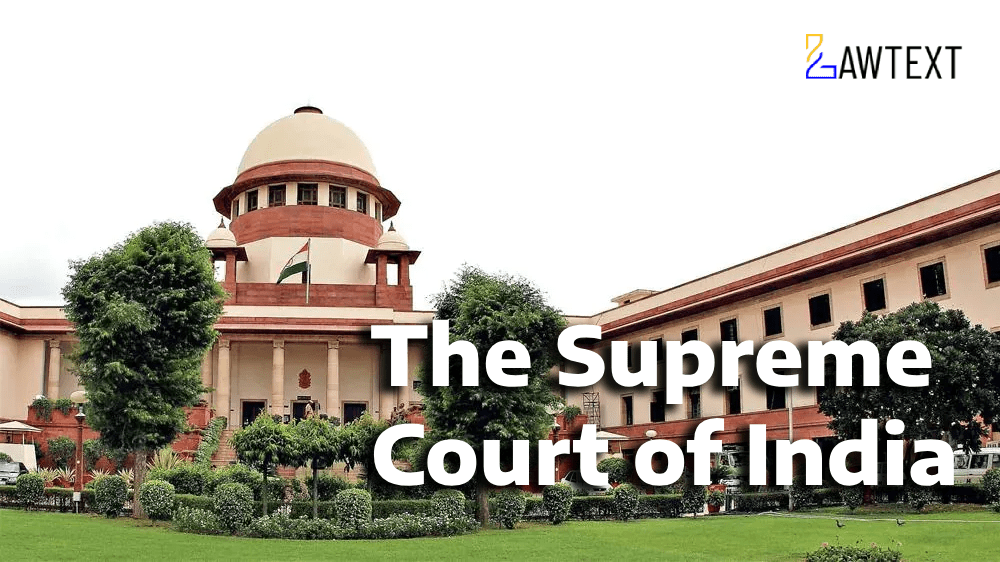Supreme Court Denies Kirloskar’s Challenge to Royalty Compounding Rules. Petition to exclude prior royalty, DMF, and NMET contributions from sales value calculation rejected, awaiting policy review.

CASE NOTE & SUMMARY
-
Parties Involved
- Petitioner No. 1: Kirloskar Ferrous Industries, a mining leaseholder engaged in pig iron extraction.
- Respondent No. 1: Union of India, Ministry of Mines, with Indian Bureau of Mines as Respondent No. 2.
-
Challenge to Rules
- The petitioners challenged the validity of the Explanations in Rule 38 of the Mineral Concession Rules, 2016 (MCR, 2016) and Rule 45 of the Mineral Conservation and Development Rules, 2017 (MCDR, 2017).
- These explanations prevent deductions of royalty, District Mineral Foundation (DMF), and National Mineral Exploration Trust (NMET) contributions from the sale value for royalty calculation purposes.
-
Petitioner’s Grievance
- The petitioners argued that the rule leads to "compounding" of royalty, as the previous month’s royalty is included in the sale value used for subsequent royalty calculations, causing an arbitrary financial burden and alleged violation of Article 14 of the Indian Constitution.
Legal Arguments
-
Petitioners’ Arguments
- Violation of Article 14: The rules allow royalty compounding on iron ore while exempting coal, leading to arbitrary and discriminatory treatment.
- Statutory Ultra Vires: Petitioners claimed the Explanations go beyond the scope of the Mines and Minerals (Development and Regulation) Act (MMDR Act), 1957.
- Government’s Own Admission: The petitioners cited the Ministry’s own acknowledgment of the compounding issue and subsequent public consultation as evidence of the rule's unfairness.
-
Respondent’s Defense
- Policy Decision: The government argued that royalty calculation is an economic policy decision within the executive’s domain, as recognized by prior Supreme Court judgments.
- Non-Applicability of Article 32: The case does not meet the threshold for judicial intervention under Article 32, as it pertains to policy, not fundamental rights.
Legal Analysis and Ratio Decidendi
-
Scope of Judicial Review on Policy Matters
- The court noted that royalty computations are part of economic policy, which is the prerogative of the executive branch, and should only be intervened upon if there is a clear statutory or constitutional violation.
-
Doctrine of Judicial Restraint and Separation of Powers
- The court reiterated the importance of judicial restraint in policy matters, especially economic policies. Courts should avoid imposing their perspectives on policy unless there is clear evidence of unconstitutionality or statutory violation.
-
Harmonious Construction of Explanations
- The court held that the Explanations in the MCR and MCDR are clarificatory and do not extend or contradict the MMDR Act's provisions. The compounding impact is a consequence of the statutory scheme but not necessarily arbitrary or unconstitutional.
Conclusion and Directions
-
Petition Dismissed:
- The petition was dismissed, with the court deferring to the executive’s policy on royalty calculation.
-
Opportunity for Policy Amendment:
- Acknowledging the Ministry’s public consultations and proposed amendments, the court directed the government to consider modifying the rules to remove compounding impacts in royalty calculations across all minerals.
Acts and Sections Discussed
- MMDR Act, 1957: Section 9 (Royalty), Section 13 (Rule-making Powers), Section 18 (Conservation of Minerals).
- MCR, 2016: Rule 38 (Sale Value Computation).
- MCDR, 2017: Rule 45 (Returns Filing).
Subjects:
- Mineral Royalties
- Judicial Restraint in Economic Policy
- Mining Regulations
- Separation of Powers
- Article 14 Equality Challenge
ISSUE OF CONSIDERATION
KIRLOSKAR FERROUS INDUSTRIES LIMITED & ANR VERSUS UNION OF INDIA & ORS.
Citation: 2024 LawText (SC) (11) 76
Case Number: WRIT PETITION (C) NO. 715 OF 2024
Date of Decision: 2024-11-07
Case Title: KIRLOSKAR FERROUS INDUSTRIES LIMITED & ANR VERSUS UNION OF INDIA & ORS.
Before Judge: (Dr. Dhananjaya Y. Chandrachud CJI. , J.B. Pardiwala J. , Manoj Misra J.)
Appellant: KIRLOSKAR FERROUS INDUSTRIES LIMITED & ANR
Respondent: UNION OF INDIA & ORS.

